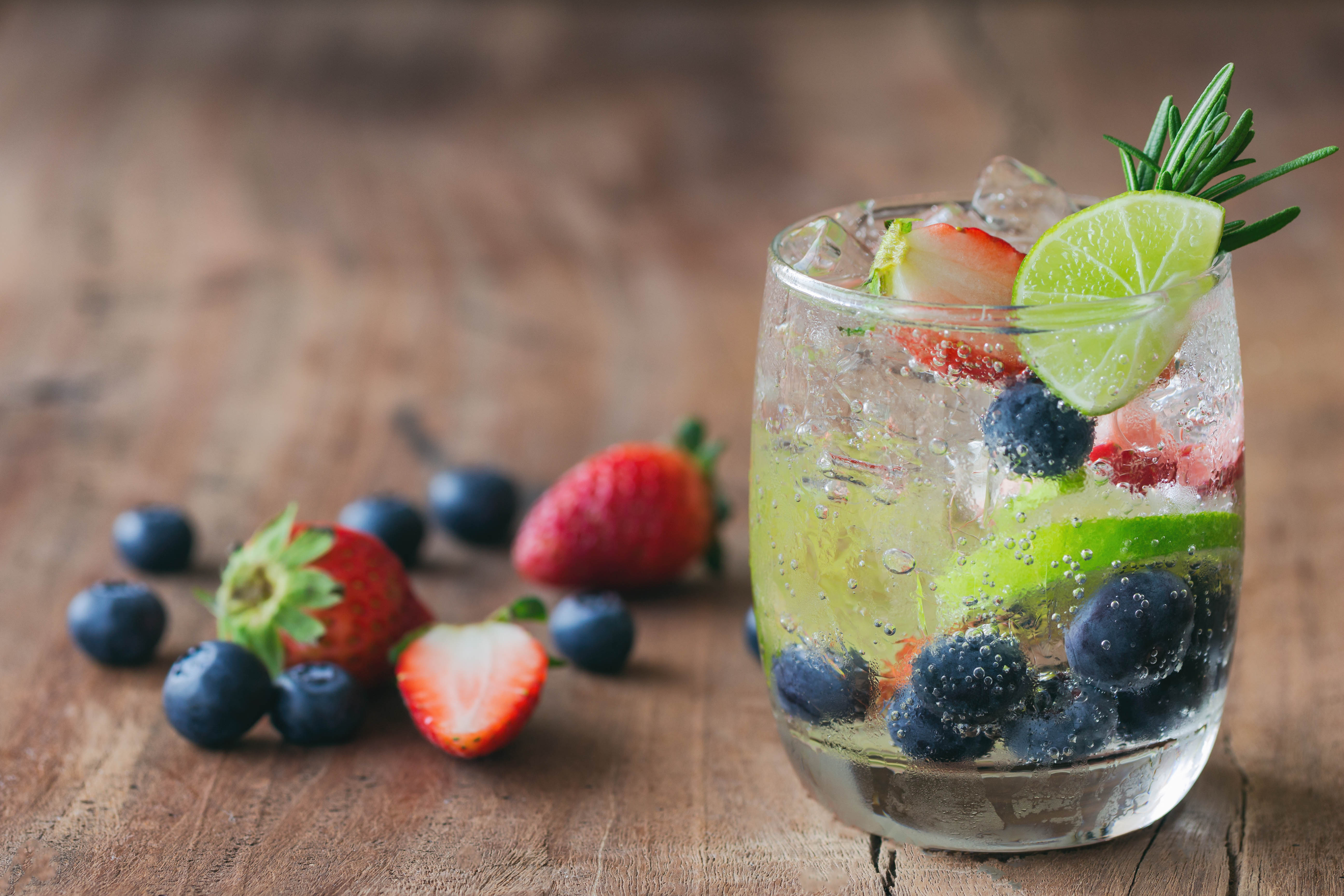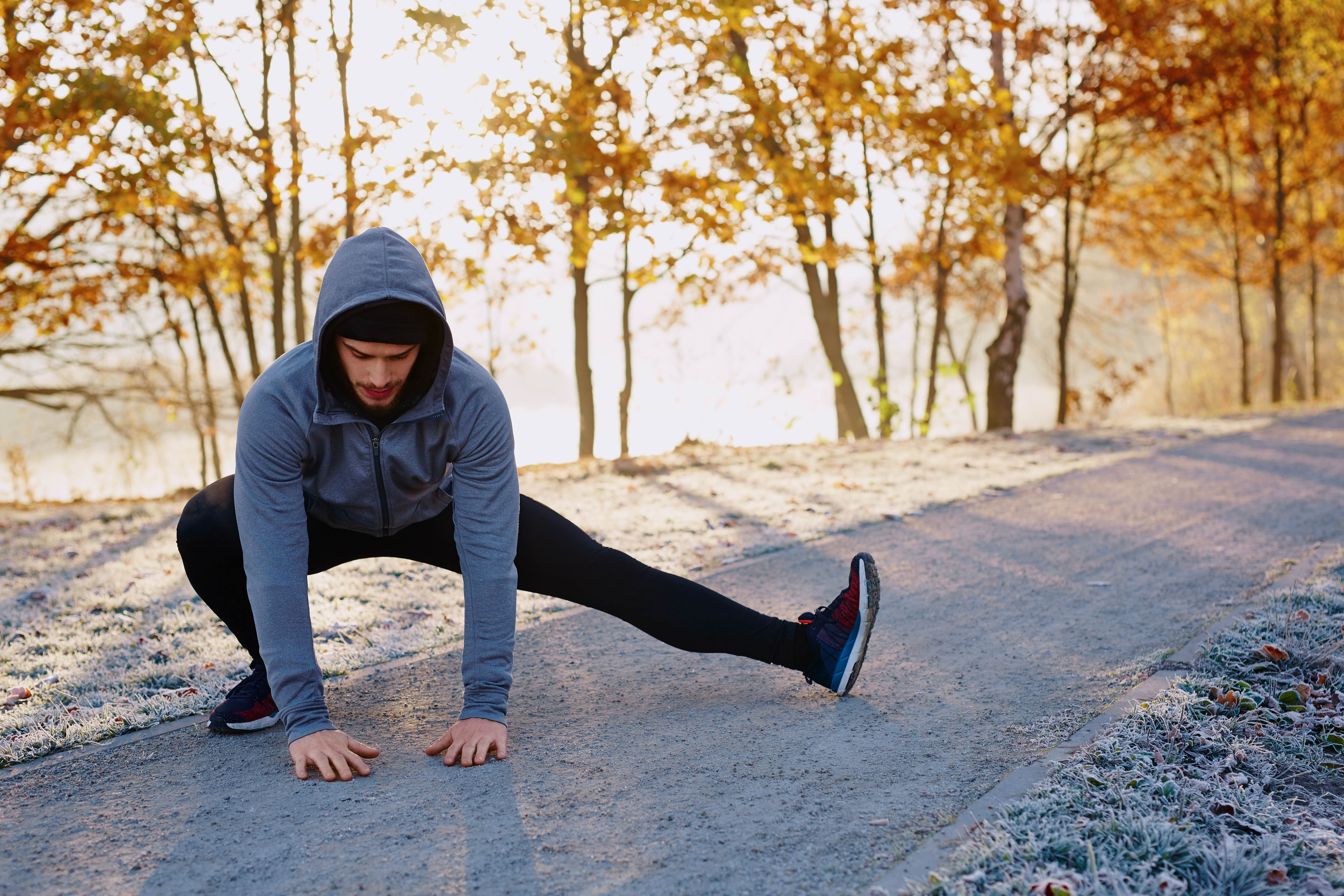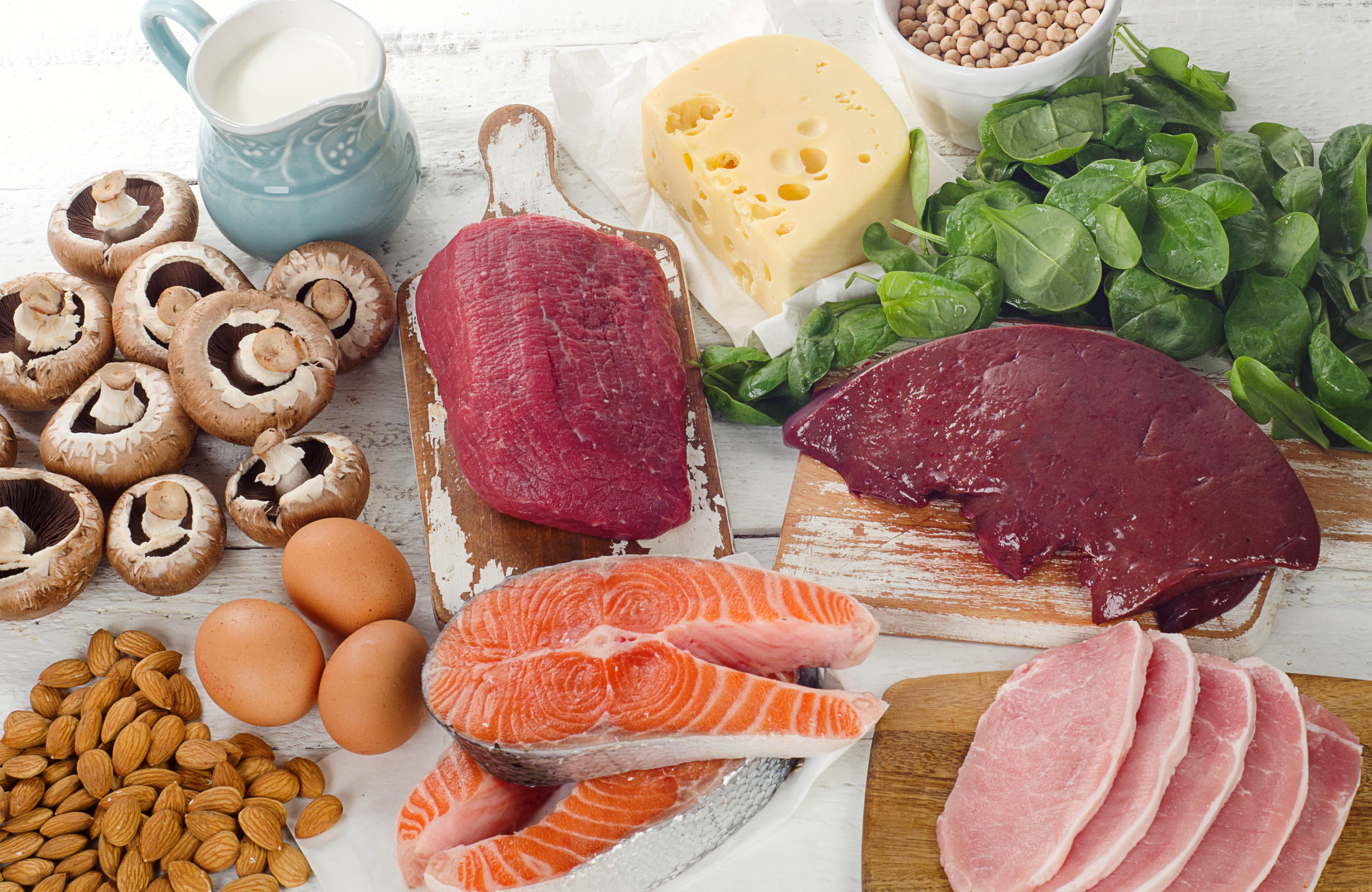DIY Party Survival Kit 2023
Living Well

Written by: Meg Sharp, Fitness & Wellbeing Consultant, Cambridge Group of Clubs
December comes with its very own delicious challenges and opportunities. From where we stand, there is typically an increase in:
- Alcohol
- Calories
- Spending
- Late nights
Accompanied by a decrease in:
- Sleep
- Vegetables
- Exercise
- Down time

In Grade 4 Math, adding to one side and subtracting from the other can offer a balanced equation. Sadly, in December’s case, the pluses and minuses sort of glom together and can create an exhausted, bloated, stressed, hungover mess. Glittering with sequins, perhaps, but a mess nonetheless.
As always, wonderful reader, we are here with a few interesting ideas to help you get through these next few weeks looking and feeling just a little more fabulous:
Choose favourites. When you’re heading to a party, dinner, or event decide beforehand which delicacies are most worth it and stick to those. We know when faced with lots of variety, humans indulge more. Choose your favourite beverage and stick to that. Love dessert? Have it. Skip the appetizer instead. Choose also which parties you need to attend. No – you don’t have to go to all of them! Choose the ones you will most enjoy or need to attend for whatever reason. And then choose the hours you will attend. You can make a huge impact in 90 minutes!
Water things down. Hydrate before you go. Drink bubbly water in between every alcoholic beverage. And for goodness’ sake, don’t go hungry! Alcohol is one of the few substances that enters your bloodstream directly from your tummy. Drinking on an empty stomach leads to increased blood alcohol levels, increased caloric consumption (that’s right – you don’t save calories in the end!), and an increase in hangover symptoms.

Slow down. Sip slowly. Chew slowly. Put your glass down between drinks and your fork down between bites.
When you indulge too much…
Exercise. Ideally in the morning and outside, if possible. Just 5 minutes of intense breathing and sweating can help clear the cortisol in your system and flood your shriveled brain with fresh blood and oxygen.

Don’t berate yourself. Have a good laugh about the night and commit to making a few different choices next time. Life isn’t perfect and you’re not meant to be either. Being hard on yourself actually decreases the odds you will make healthier decisions moving forward.
Drink lots of water. Ideally add some citrus or a little fruit juice to cut the alkalinity. It’s easier on your stomach and will encourage you to drink more.
Go to bed early. A huge part of the discomfort associated with hangovers is, in fact, due to lack of sleep.
Take some B12. Consuming alcohol can negatively impact your Vitamin B12 levels, exacerbating symptoms including brain fog, fatigue, and moodiness or depression. Eggs, milk, fortified nutritional yeast, beef liver, and clams are examples of foods high in Vitamin B12.

Manage Your Stress. Stress occurs when we are faced with a challenge that outweighs our resources to handle it. If you’re tired or over stretched, challenges can often seem more significant, so remember to take a few deep breaths. Actually. Breathing deeply, deliberately, slowly can decrease levels of cortisol and make difficult situations seem more manageable. After the well oxygenated pause, you might even reflect that you’re up for the challenge and can face you stressor with a resounding “I got this!!!”.

Asking a colleague for help will increase your resources – so your ability to handle the challenge. Bonus marks because your colleague now feels trusted and useful.
Connect with the people and animals you care about. Spending time with loved ones – including pets – decreases stress symptoms. Physical contact provides an added boost. Have someone you can kiss? Studies show kissing a loved one decreases cholesterol, increases relationship satisfaction, and decreases stress levels. For an extra strong boost, try kissing for a full 6 seconds!

3859